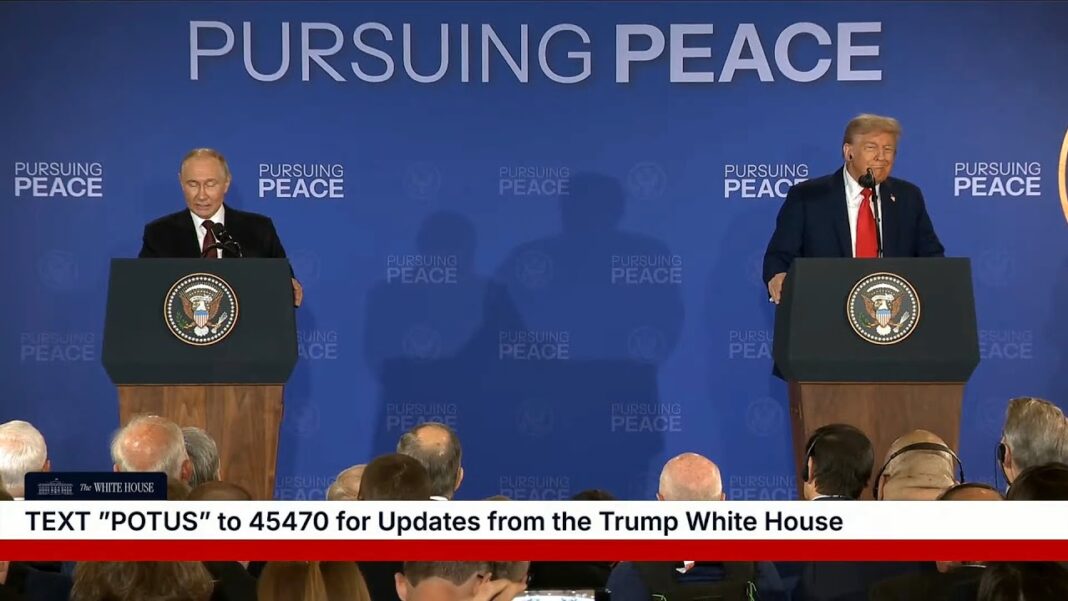USDA is investing $750 million in a facility in Texas to boost efforts to fend off the threat.
Secretary of Agriculture Brooke Rollins announced on Friday a new plan to protect the United States from the threat posed by flesh-eating flies south of the border, the United States Department of Agriculture (USDA) said in an Aug. 15 statement.
The parasite, New World screwworm (NWS), is a “devastating pest,” the agency said.
“When NWS fly larvae (maggots) burrow into the flesh of a living animal, they cause serious, often deadly damage to the animal. NWS can infest livestock, pets, wildlife, occasionally birds, and in rare cases, people,” according to the statement.
“It is not only a threat to our ranching community, but it is a threat to our food supply and our national security.”
After a case of NWS was reported just 370 miles south of the U.S.–Mexico border last month, Rollins ordered the closure of livestock trade via southern ports of entry on July 9. The order remains in effect.
Under the newly announced plan, USDA will set aside $100 million to invest in innovations that could accelerate the pace of sterile NWS fly production.
The United States intends to counter the NWS threat by using millions of sterile male NWS flies. When these male flies are released en masse into an NWS swarm, they mate with wild females, which eventually lay unfertilized eggs, thus bringing down the population.
The $100 million funding will be focused on new sterile NWS fly production techniques, traps, or lures, as well as therapeutics that may be useful to tackle NWS if they reach the United States, USDA said.
The funds will also go towards any other tools that bolster the agency’s response or preparedness against NWS, it added.
Secondly, Rollins announced the construction of a sterile NWS fly production facility at Moore Air Force Base in Edinburgh, Texas.
The site’s proximity to the U.S.-Mexico border contributes to making it an ideal location for such a project, USDA said.
Once completed, the facility is expected to produce up to 300 million sterile male NWS flies per week that can be used to combat the parasite swarm, it added.







